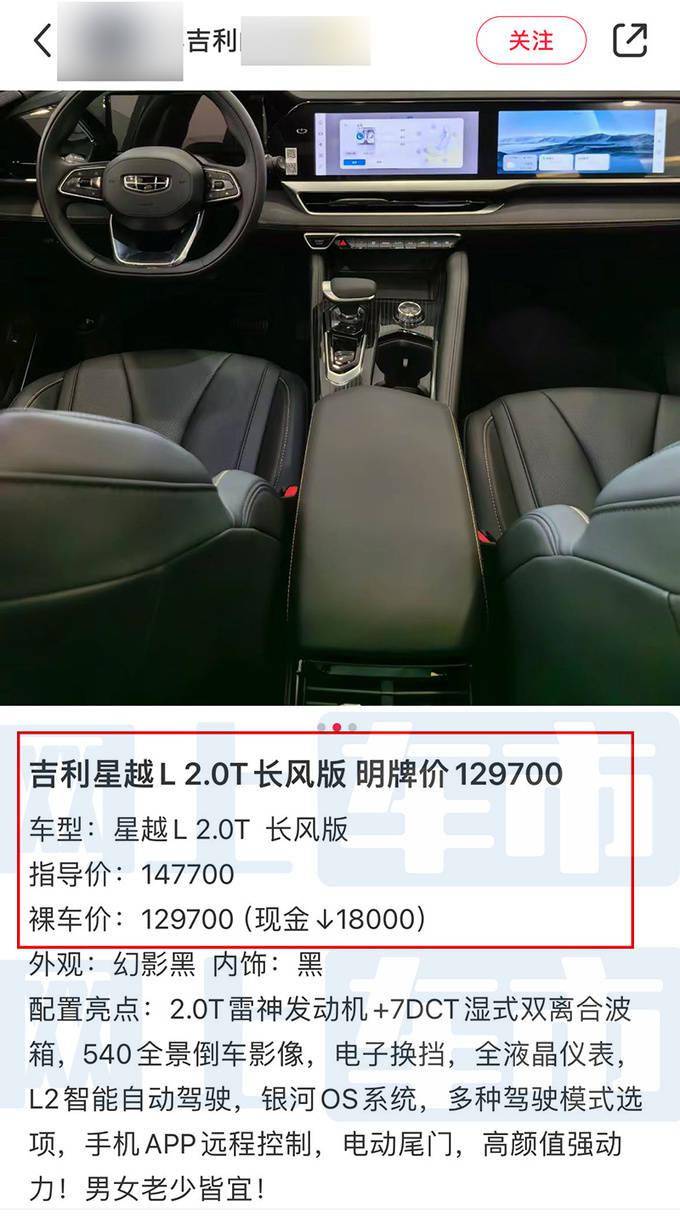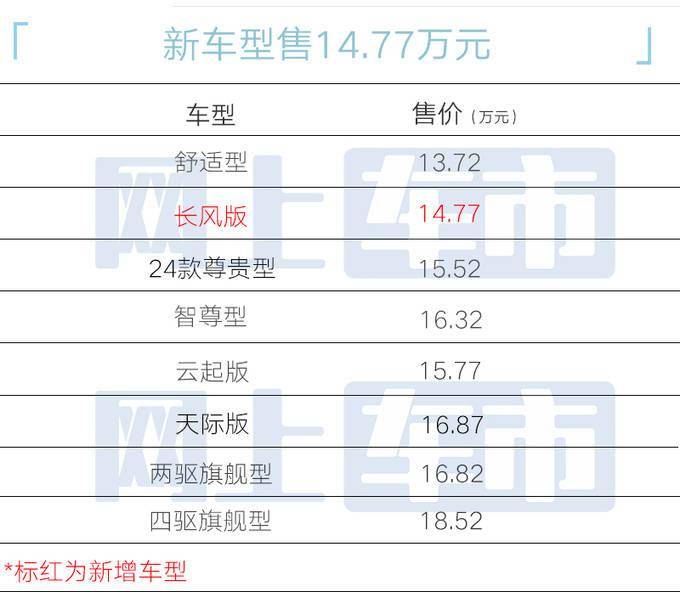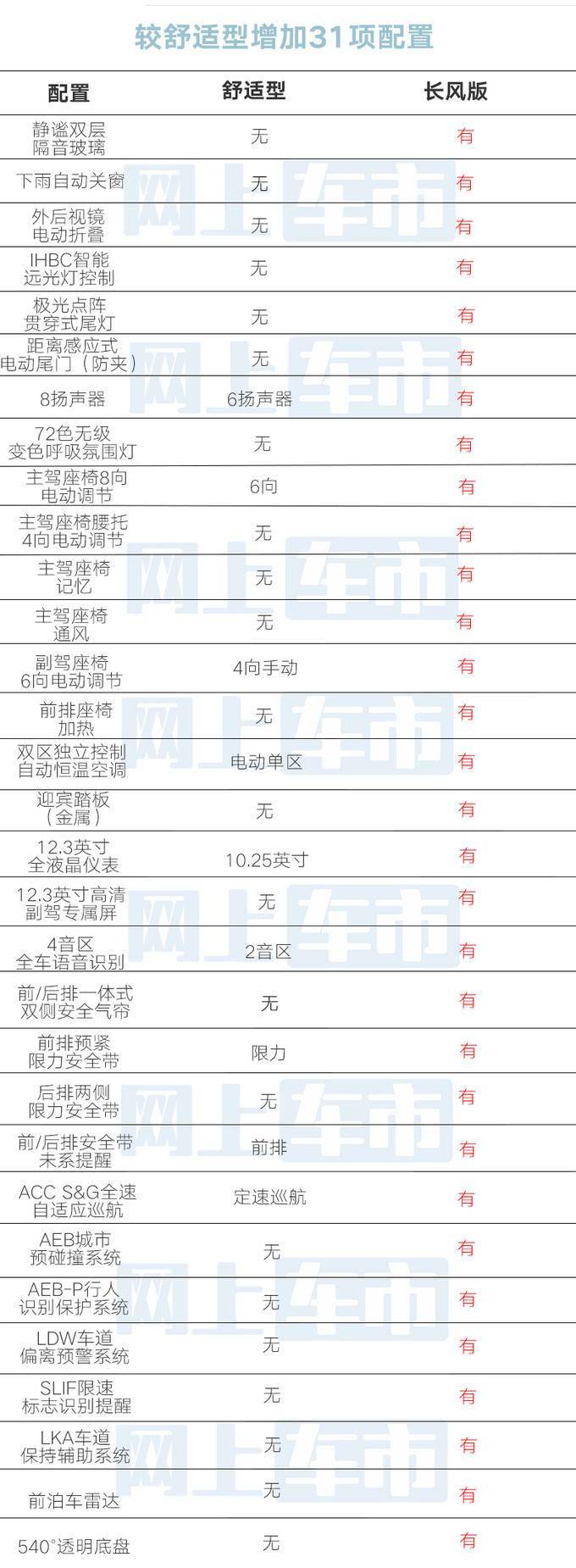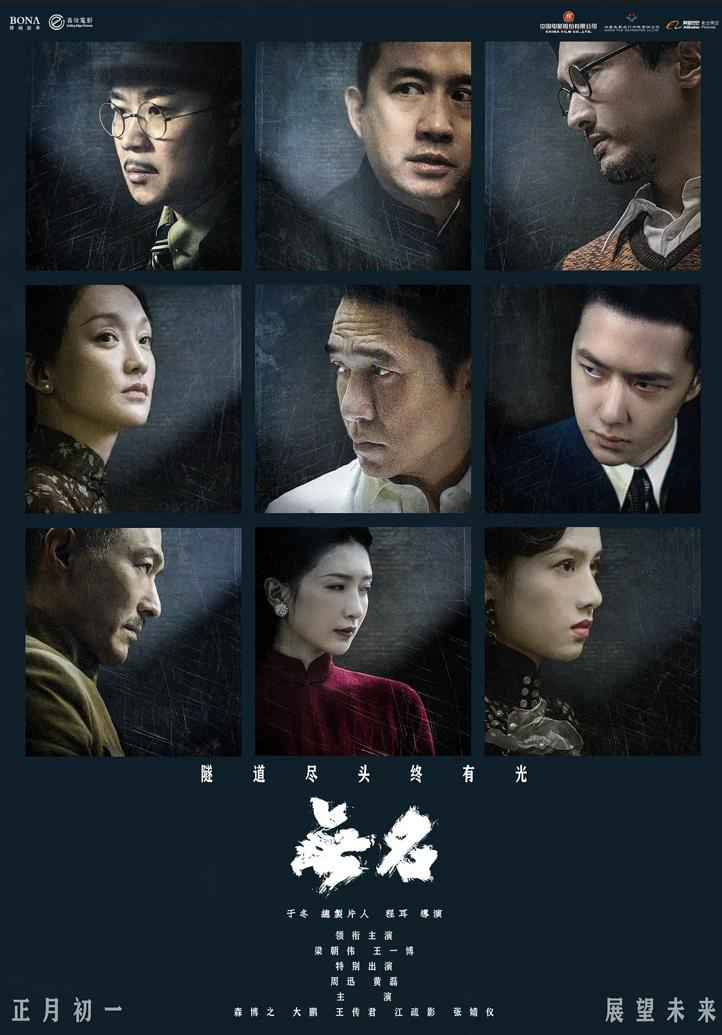The TV series "Hurricane" was a hit, and it brought fire to "The Art of War". The sales of "The Art of War" increased sharply and even sold out. Gao Qiqiang, the villain in the play, praised "The Art of War", which made netizens seem curious about the strategy of "The Art of War". In fact, "The Art of War" is based on Tao, and cares more about moral care and human spirit. It is difficult for people who do not read "The Art of War" to understand the essence of the book. As long as they can distinguish the difference between "The Art of War" and "Thirty-six Strategies", they can be regarded as understanding the book.
According to Sima Qian’s "Historical Records", Sun Tzu lived in the Spring and Autumn Period, which was an era of great change in Chinese history. The most significant feature in politics was the decline of the Zhou royal family and the struggle for hegemony between the princes, which in Confucian terms was "the collapse of rites and the collapse of music" and "the Spring and Autumn Unjust War." According to incomplete statistics, in the 100 years from the first year of King Qing of Zhou (618 BC) to the first year of King Jing of Zhou (519 BC) alone, there were more than 160 recorded wars. For the sake of their own survival, development and competition for hegemony, countries competed to recruit military talents and encouraged the establishment of new military theories, which provided a broad stage for the appearance of soldiers and military letters.
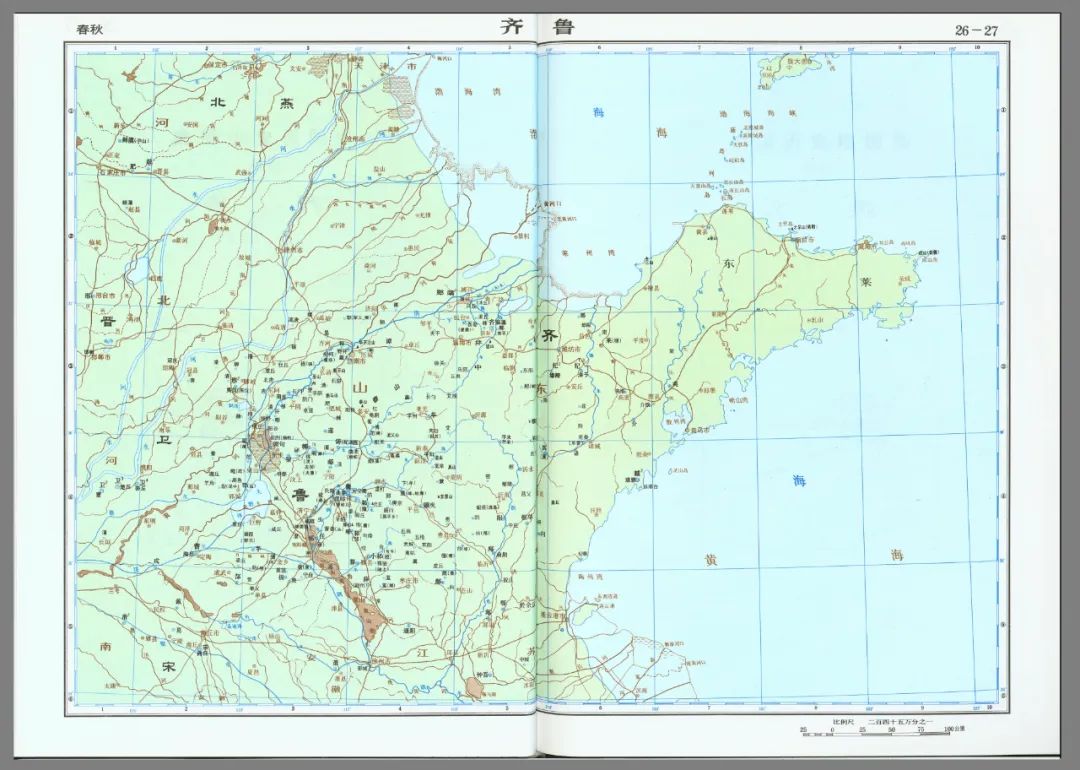
▲ Qi State in the Spring and Autumn Period. (Image source: Tan Qixiang: "Atlas of Chinese History")
Sun Tzu, a famous Wu, was a native of Qi State in the late Spring and Autumn Period. His birth and death years were difficult to determine, and he was in the same era or slightly later than Confucius. Qi State was the fief of Jiang Ziya, the founder of the Western Zhou Dynasty, and according to legend, military strategy books such as "Six Tao" and "Conspiracy" were related to him. During the Spring and Autumn Period, there were also famous officials who assisted Duke Huan Qi to achieve hegemony and left a very rich military legacy. Qi State jumped to become the political, economic and cultural center of the world at that time, and became a place where heroes gathered. Such a social environment also provided theoretical support for Sun Tzu’s military research, enabling him to become a learned military talent in his youth. After that, Sun Tzu and Wu Zixu jointly assisted King Wu ********* Cha and his son to defeat Chu, Yue and other countries and become the hegemon of the south. Wu Zixu was forced to commit suicide because he failed to persuade his husband, but the deeds of his grandson are not found in historical records. Later generations speculated that he may have been like Fan Li and retired to the mountains and forests when he became famous.
To study Sun Tzu’s Art of War, one must first understand two concepts: one is "Tao"; the other is "Instrument". These two concepts are defined in the Book of Changes as follows: "The metaphysical one is called the Tao, and the metaphysical one is called the Instrument." Since the upper part of the visible is "Tao", then the "Instrument" of "the metaphysical one is called the Instrument" refers to specific things, and can also be expressed directly with "Shu". "Shu" is the specific application method of rational cognition. The relationship between "Tao" and "Instrument" is: "The Tao is in the Instrument, and the Tao controls the Instrument." This is the fundamental way of thinking in Chinese philosophy. " Tao "There are various sayings in Chinese philosophy, which are briefly summarized as the causality and regularity inherent in nature, society, and human beings, which are compared to the moral ontology and the realm of people’s transcendental understanding.In Chinese culture, it has always been believed that "Tao" is "the essence", "Shu" is "the end"; "Tao" is "the body", and "Shu" is "use". "Shu" is inseparable from "Tao", and there is no purely independent "Shu".
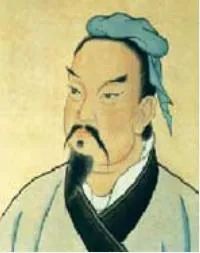
▲ Portrait of Sun Wu. (Image source: CCTV)
Today, many people read "The Art of War" and pay attention to the art of strategy, which vulgarizes "The Art of War". This is putting the cart before the horse, and it is also the biggest misunderstanding.In the Book of Changes, it is said that "great virtue carries things", which is worthy of our deep consideration. An entrepreneur and politician who has no self-morality constraints and no national, national, and social responsibilities will inevitably go astray. The traditional Chinese cultural way of thinking and moral cultivation are closely related, such as "inner sage and outer king" and "holy wisdom", which are consistent with the "middle mean" advocating the concept that morality and wisdom go hand in hand. This is also the so-called "great virtue must have great wisdom". In the art of war, Sun Tzu places great emphasis on humanistic spirit and moral care. This issue cannot be discussed only in the "Art of War" of Sun Tzu, and there should be a comparison and contrast. Therefore, the author compares "On War" written by German military strategist Clausewitz with "The Art of War" of Sun Tzu.
The book "Theory of War" is a classic document in modern Western military works. The first point of view of "Theory of War" is that "war is the continuation of politics". This political concept can be enlarged to include economic, geographical and other factors. For example, if there is no oil in the Persian Gulf region, Western powers will not be so interested because they want to control strategic locations and strategic resources, so there are two Gulf wars. It can be said that this view is an accurate description of the essence of war.
So, is there such an idea in "Sun Tzu’s Art of War"? "Sun Tzu’s Art of War" says from the beginning: "Soldiers are the major events of the country, the place of life and death, and the way of survival. It is impossible to ignore." "Soldiers" refers to war. War is the most important thing for a country. Since it affects the life and death of the people and the survival of the country, every ruler cannot fail to observe, analyze, and study it carefully. It can be said that Sun Tzu 2,500 years ago has realized that war is not an independent phenomenon, but the most important thing for a country. Therefore, Sun Tzu said that the issue of war must be treated with caution, which is the idea of "careful warfare". Because war is extremely destructive and very cruel, once it fails, it often has to bear a heavy price.Sun Tzu cautioned rulers to be cautious about war, because "a subjugated country cannot survive, and the dead cannot be resurrected."
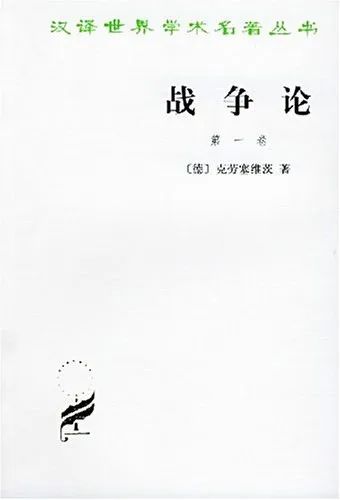
The Theory of War.
The second point of "On War" is that "the fundamental purpose of war is the complete annihilation of the enemy." But Sun Tzu does not believe that war is the first choice to solve the problem. Sun Tzu said: "If you go up to the army, you will attack the enemy, and then you will attack the army, and then you will attack the city. The method of siege is a last resort."In Sun Tzu’s opinion, the best military action is to use strategies to thwart the enemy’s war behavior; the second is to establish alliances and defeat the enemy by diplomatic means; the second is to defeat the enemy by force; the last resort is to attack the enemy’s city. Siege is a last resort, there is no way.Because in his opinion, the soldiers who attacked the city like ants, with one-third of the casualties, could not succeed, which was a major disaster. Therefore, Sun Tzu proposed that winning a hundred battles is not the most brilliant; the one who can subdue all the enemies without fighting is the most brilliant. Sun Tzu is not simply talking about "the method of planning an attack", but admonishing people that "those who do not know the harm of using soldiers cannot know the benefits of using them." Sun Tzu advocated "total victory" and "wisdom victory" because he saw the cruelty of war, so he put forward the idea of "careful combat".We can appreciate the love and respect for life contained in the book "The Art of War" by Sun Tzu.
Sun Tzu’s thinking is not isolated. In the Spring and Autumn Period, Confucianism and Mohism were called "scholars" and were the most influential schools of thought at that time. Mohism had an article called "Non-Attack". Mohism hated war so much that it specifically used such articles to oppose war. Mencius criticized war for delaying agricultural time, destroying production, mutilating innocents, and plundering people into slavery. The reasons why Confucianism and Mohism oppose war are the same. Lao Tzu said that "those who are happy to kill people should not be able to aspire to the world", which means that those who enjoy killing people cannot win the world. War brings great disasters to society and the people, so Lao Tzu said: "Those who are soldiers are ominous weapons, things or evil things, so those who have the Tao are not good." Lao Tzu’s opposition to war is self-evident.
The author believes that the concept of paying attention to and respecting life in Chinese military science is not unrelated to the emphasis on humanities and morality in Chinese cultural traditions.Let’s first understand the meaning of the concept of "China". During the Shang and Zhou Dynasties, the word "China" was once used to refer to "Huaxia". What is Huaxia? "There is great etiquette, so it is called Xia; there is the beauty of clothing, which is called Hua." Clothing is not only a simple tool used to cover shame, but also represents a culture. The "etiquette" here does not just refer to the concept of politeness, but is regarded as a system. People of every class are responsible in their respective positions and cannot do whatever they want. In daily life, "etiquette" should also be said. Since ancient times, China has had etiquette for drinking, playing, and walking, so we have the reputation of "the state of etiquette". Huaxia is a cultural concept, and "China" is regarded as a representative of "advanced" culture and civilization.
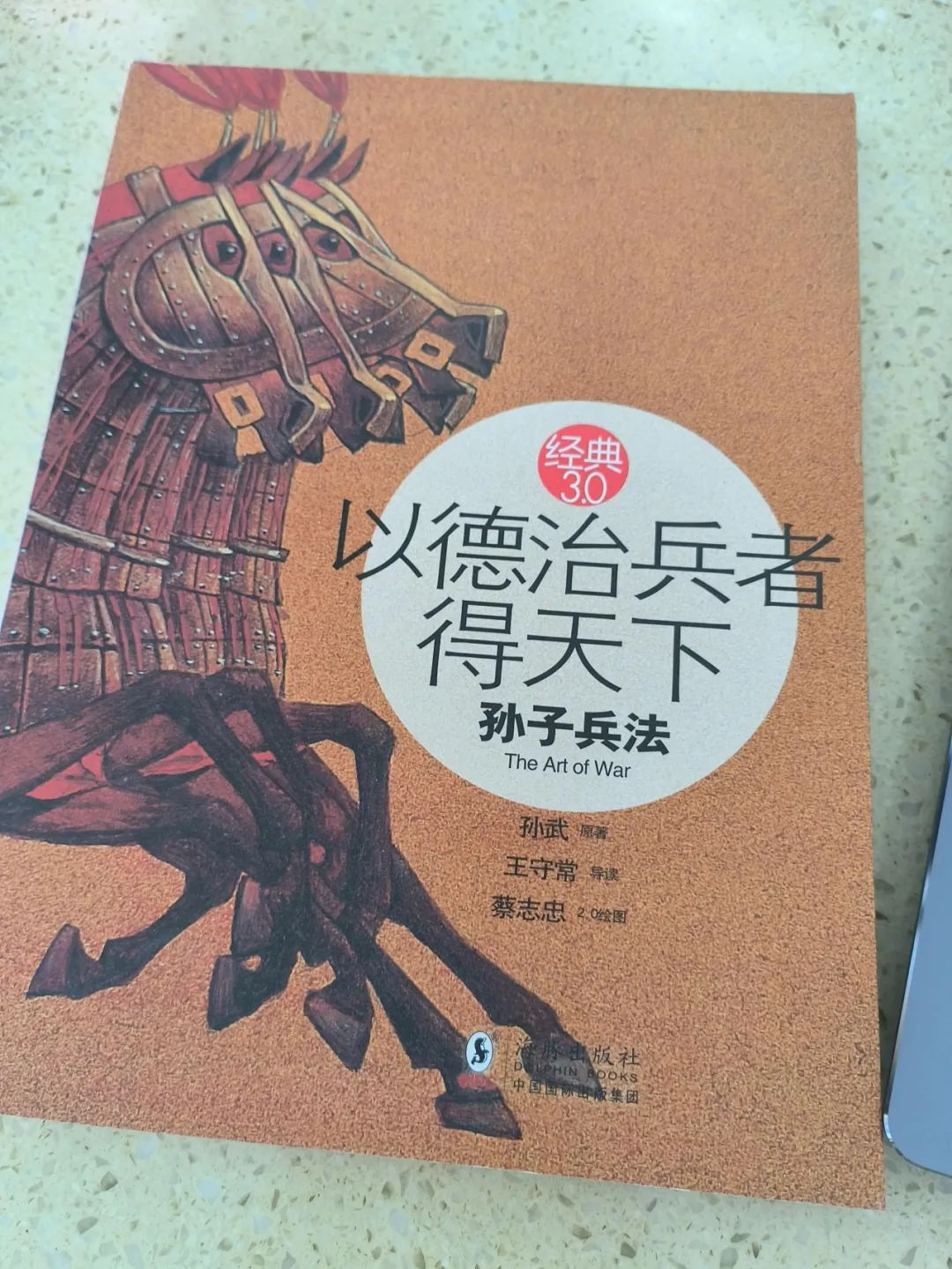
▲ "The Art of War" book cover. (Wang Shouchang, photo courtesy)
In the Song Dynasty, Liao attacked the Central Plains. Shi Jie, a famous scholar in the Song Dynasty, expressed the following views in "On China": When you were still living in caves, China had buildings; when you were still wearing fur, China had clothes; when you had no writing, China had written history. If you come to study, I will teach you; if you don’t come to study, we will be safe and not disturb each other.
In the Song Dynasty, China was one of the most powerful countries in the world at that time. In 1988, I discussed a question with a Jewish scholar in the United States. I asked him if he knew anything about ancient China, and he said he didn’t. I asked him if he knew anything about the history of Jews coming to China during World War II. He said he knew that during World War II, some Jews were persecuted by fascism and came from Vladivostok, the Soviet Union, to Shanghai, China, where they were accepted and entertained by the Chinese. He also said that one year during the Spring Festival, overseas Jews formed a Thanksgiving Group to visit China, reflecting on the living experience of their parents, and expressing their gratitude to the Chinese government and people. In fact, what he didn’t know was that Jews had come to China long before the Song Dynasty, so it can be seen that China was an open country at that time.
A large number of documentary records show that the Central Plains region has contacts with surrounding ethnic groups and has always been a good-neighborly and friendly relationship. Although culture, economy and military are ahead of each other, they have not taken hegemonic acts such as aggression and plunder.There is an American film called "Dances with Wolves", which tells the history of European immigration to the American continent to carve out territory and massacre large numbers of indigenous people, which is in sharp contrast.Therefore, for thousands of years, China’s Central Plains and its surrounding ethnic groups have been in the process of continuous integration. The expansion of China’s territory does not rely on war and force, but on cultural identity and common belonging.
In the Book of Changes, there is a saying that "the three talents of heaven and earth are precious". Xunzi said that people are the most precious in the world because they have qi, life, knowledge, and righteousness. The Art of War of Sun Tzu was produced under the cultural background of great respect for "people".When Sun Tzu discusses war, he always thinks from the perspective of humanities and morality."The Art of War" does not advocate solving problems through war, so it is necessary to use strategy to solve problems. Even if strategy is promoted, it always emphasizes the role of morality. The last article of the thirteen chapters of "The Art of War" is the "Use Room". This "room" is a spy, and the use room is the use of spies. But Sun Tzu talks about the use of spies on the premise that "non-sages cannot use room, and non-benevolence and righteousness cannot use room". Now many of us have forgotten this premise. War needs to be solved by strategy, and there is also a problem that runs through moral and humanistic care.

About the author:
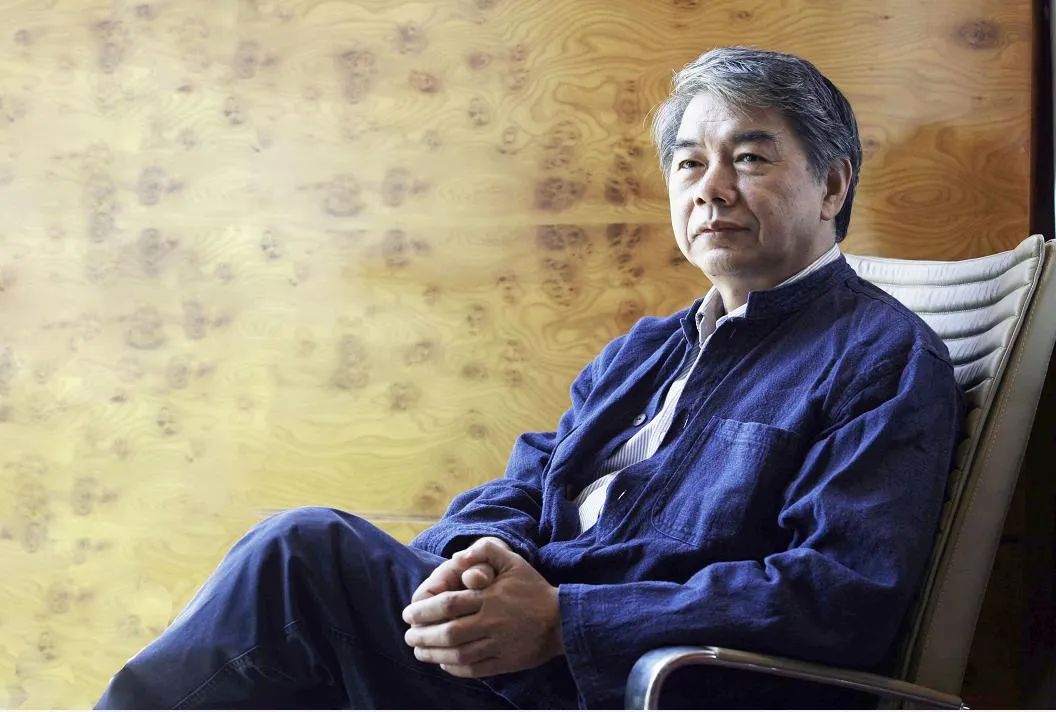
Wang Shouchang, a famous scholar, professor of the Department of Philosophy and Religious Studies of Peking University, former dean of the Chinese Culture Academy, and dean of the Beijing Sanzhi Culture Academy, mainly researching the history of Chinese philosophy, Buddhism, recent and modern intellectual history, etc., is an advocate and practitioner of "Sinology" education. He has served as the "Chinese Culture Editor" of "Oriental Culture Integration" and the co-editor of the famous academic magazine "Scholar" magazine, the executive director of the China Association for International Education Exchange, and the deputy secretary general of the International Confucian Federation.
Producer | Yang Xinhua
Coordinator | Liu Jia, Hu Jun, Kang Kunquan
Editors | Guo Hui, Qi Zitong
Production | Hu Qi



